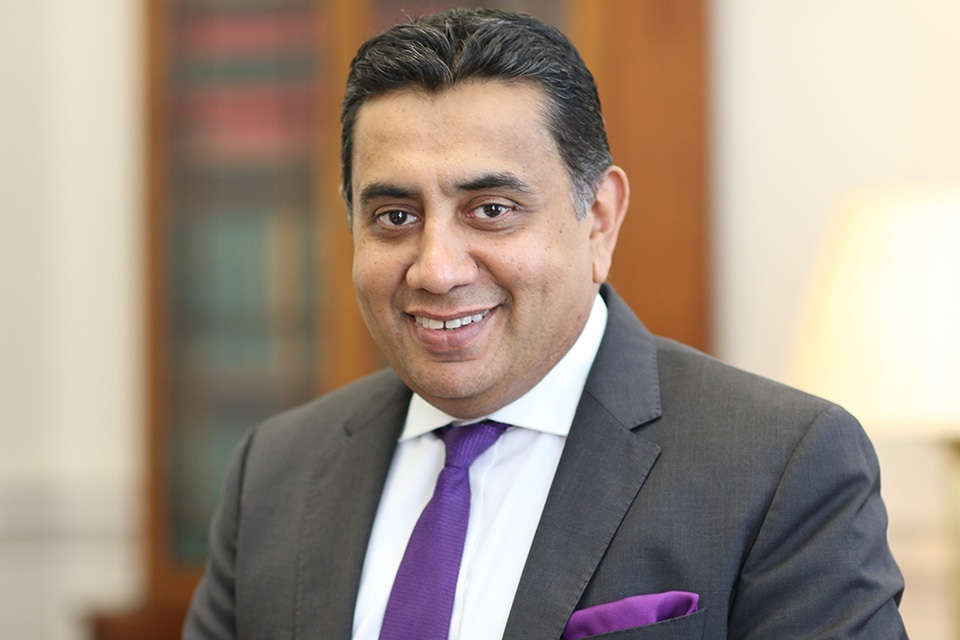UN Human Rights Council 47: UK closing statement
Lord Ahmad of Wimbledon reflects on the conclusions of the 47th Session of the UN Human Rights Council.

I am delighted by the huge support we have received for the UK and UAE led resolution on girls’ education, which remains a major international priority for the UK. This is the first UN resolution to call on states to ensure access to at least 12 years of quality education for all girls, amidst the largest disruption to education in global history.
The UK has remained unwavering in its commitment to gender equality and women and girls’ rights, particularly in the face of COVID-19. I am pleased that this session we have co-sponsored resolutions on the elimination of violence against women and girls with disabilities, and preventable maternal mortality and morbidity.
During this session the UK supported Canada’s statement, alongside a record 42 countries, setting out serious concerns about the deteriorating human rights situation in China, including systematic human rights violations against Uyghur Muslims and other minorities in Xinjiang, the restrictions of fundamental freedoms in Hong Kong, and the continuing restrictions in Tibet. The UK reiterates its commitment to defending freedom of religion or belief for all and promoting respect between different religious communities. We call for China to allow immediate and unfettered access to Xinjiang for independent observers, including the High Commissioner for Human Rights.
The UK reiterated our call on Myanmar’s military to respect human rights and the democratic wishes of the people. The humanitarian situation continues to deteriorate due to conflict, a new wave of Covid-19, and lack of access to basic services and humanitarian assistance. The UK was pleased to join consensus on an OIC led resolution on the Rohingya. We were however concerned by language calling for ‘immediate’ returns of Rohingya refugees as returns under unsafe conditions would be unacceptable. Myanmar must take steps to protect the Rohingya.
I welcome the Council’s adoption of a UK-led resolution on Syria, where the human rights situation remains appalling. This session’s text focused on missing people, many of whom have likely been tortured or killed, but whose families do not know their fate. This resolution also referenced the wider human rights situation, including the need for unimpeded aid access to prevent further suffering.
I was pleased that the Council adopted a balanced, moderate resolution on the conflict in Tigray. There are very credible allegations of atrocities, including conflict related sexual violence having been carried out by all sides in Tigray. It is important that the joint investigation by the Office of the High Commissioner for Human Rights and the Ethiopian Human Rights Commission be supported as it continues to gather evidence and that it is properly mandated to brief this Council.
I welcome the renewal of the mandate for the Special Rapporteur on Human Rights in Belarus and urge the Belarusian authorities to grant the Special Rapporteur immediate access to the country. The UK remains deeply concerned by the repression of human rights and fundamental freedoms, including by the forced diversion and landing of a civil airliner in Minsk in order to arrest an independent journalist and his partner. I also welcome the Council’s adoption of resolutions on Eritrea and Ukraine, and on a range of thematic resolutions, including corruption and human rights, human rights on the internet, and racism. The Human Rights Council continues to play an essential role in promoting human rights and holding to account those who violate or abuse them. The UK remains strongly committed to supporting the Council and the wider international community in championing human rights.